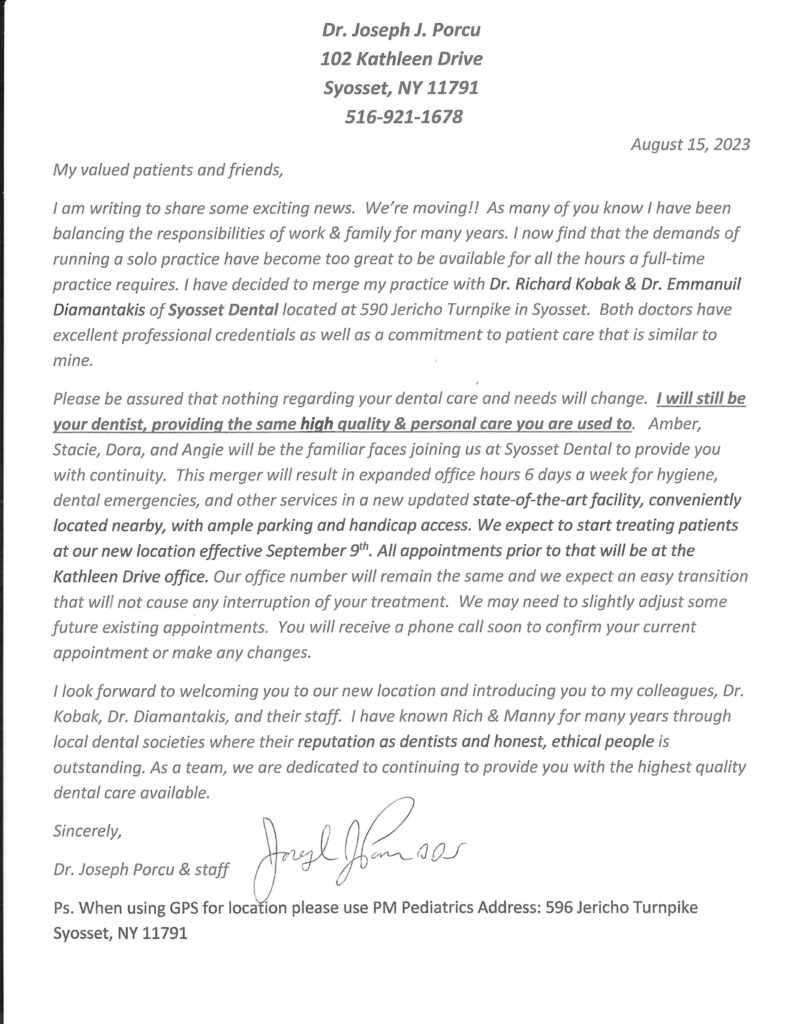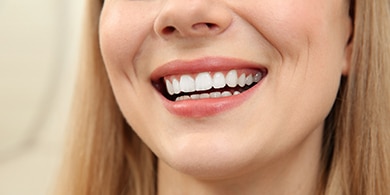 Snoring isn’t uncommon, but many people who do it don’t realize that it could be an unhealthy habit. Besides depriving your partner of much-needed sleep, the mechanisms that cause you to snore can also place undue strain on your cardiovascular and systemic wellbeing. Because it is often caused by an irregularity with oral tissues blocking the airway, your dentist may be able to help you stop snoring. He can also help you determine if your snoring is an indication of a more serious problem, such as obstructive sleep apnea (OSA) and recommend an appropriate course of treatment.
Snoring isn’t uncommon, but many people who do it don’t realize that it could be an unhealthy habit. Besides depriving your partner of much-needed sleep, the mechanisms that cause you to snore can also place undue strain on your cardiovascular and systemic wellbeing. Because it is often caused by an irregularity with oral tissues blocking the airway, your dentist may be able to help you stop snoring. He can also help you determine if your snoring is an indication of a more serious problem, such as obstructive sleep apnea (OSA) and recommend an appropriate course of treatment.
Why You Keep Snoring
For some people, snoring is just a mild nuisance, but for others, it can be a remarkably loud disruption that disturbs everyone in the house, every night. Often, the problem lies with oral and throat tissues impeding the airway during sleep. As the airway becomes obstructed, your air is forced to pass through a narrower channel, which increases the air pressure and causes the walls of your throat to vibrate loudly.
Mild snorers may find relief by shifting positions, allowing gravity to clear the airway. However, chronic snorers might not be able to stop snoring easily, and could require professional attention and treatment. Depending on the nature and extent of your snoring, your dentist may prescribe a custom-designed oral appliance that helps keep your airway open and prevents your oral tissues from clogging it.
If You Snore Because of Sleep Apnea
Constant, excessively-loud snoring may also indicate the presence of obstructive sleep apnea—a sleep disorder that causes you to completely stop breathing for several moments in your sleep. Like snoring, OSA is caused by oral tissues clogging your airway; however, in the case of sleep apnea, your airway is completely obstructed, preventing air from passing through at all. If you have sleep apnea, then you may exhibit increasingly loud snoring as your airway becomes obstructed, followed by silence as the obstruction forces you to stop breathing.
After several moments without oxygen, your brain and body will force themselves awake just enough to start breathing again, though usually not enough to rouse you completely from consciousness. Because these interruptions can occur hundreds of times in a single night, sleep apnea can deprive you of the deep R.E.M. sleep that you need to rest and rejuvenate. As a result, one of the most common symptoms of sleep apnea is fatigue, exhaustion, and other signs of sleep deprivation, which are more pronounced when you believe that you are sleeping soundly.
If you snore and wish for a comfortable, custom solution to stop, or if you believe that you may be experiencing obstructive sleep apnea, then schedule a visit with your dentist as soon as possible. Call our dental office in Syosset, NY, today at 516-433-2211 or 516-921-1678. We proudly serve the residents of Syosset, Long Island, Nassau, Suffolk, and all surrounding New York City communities.











